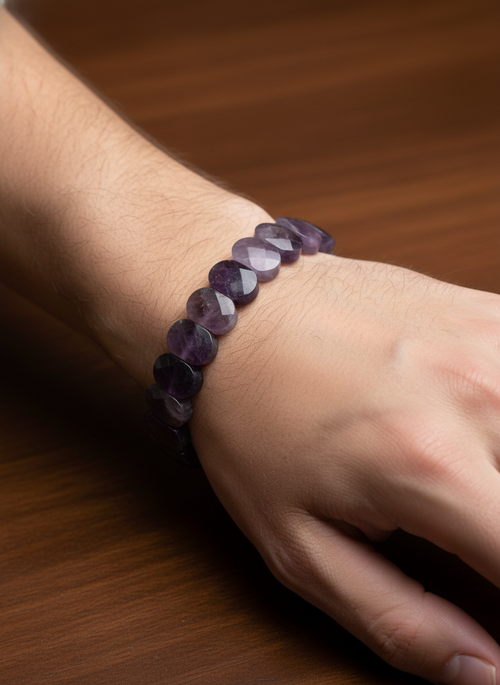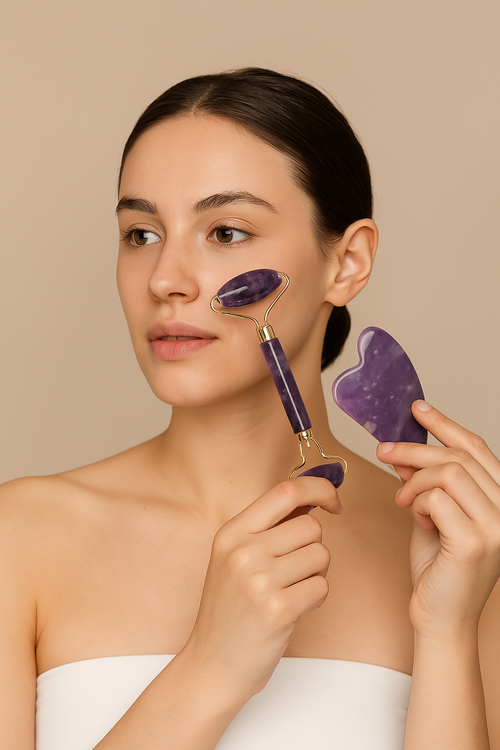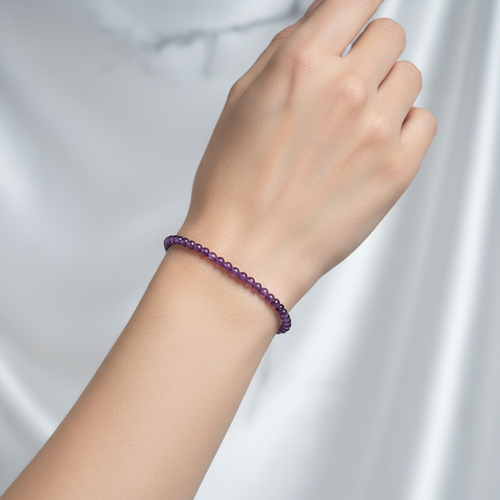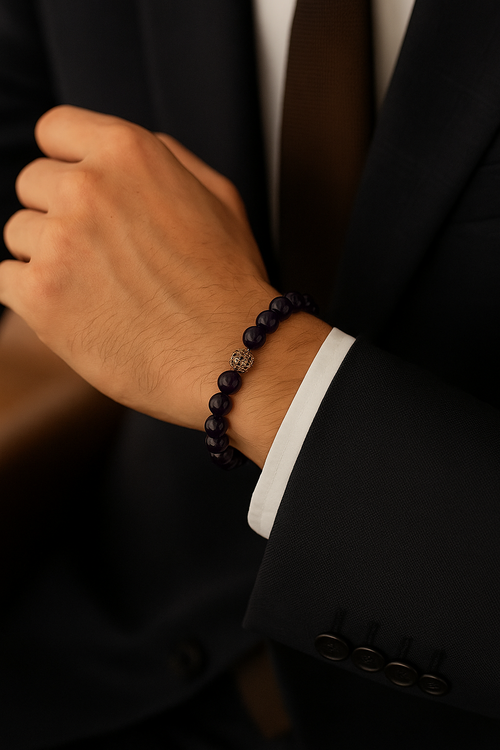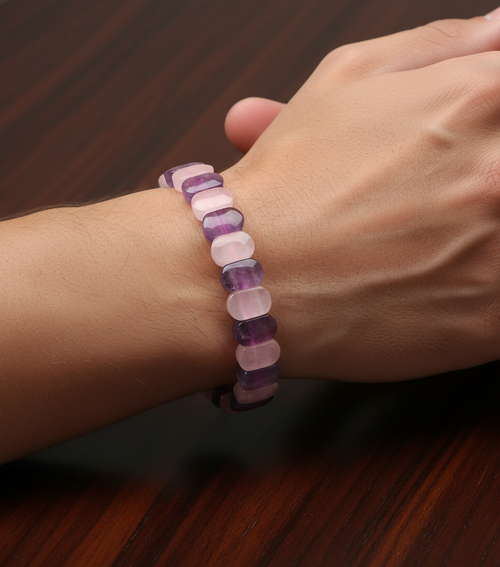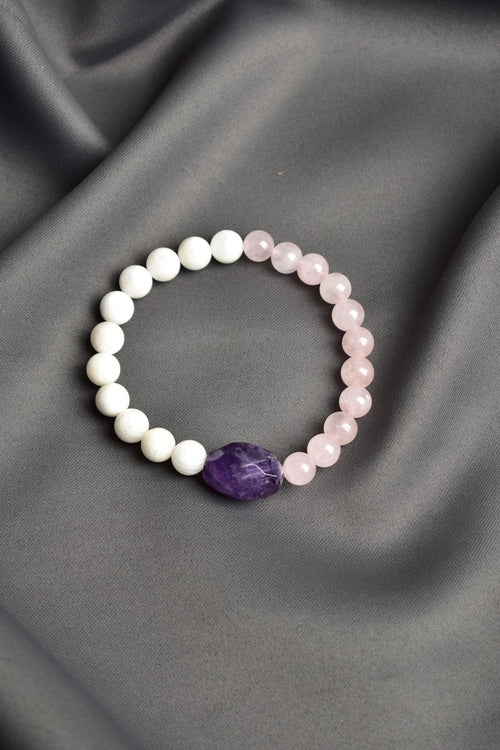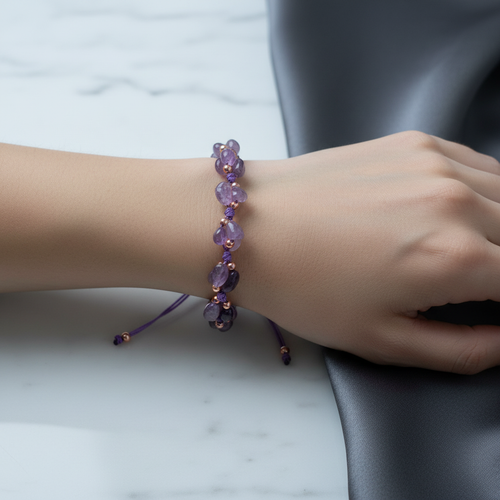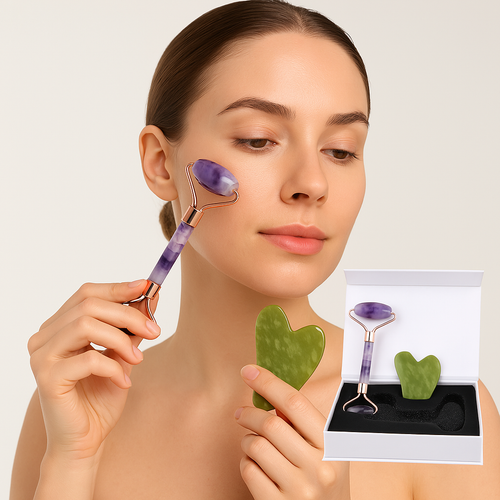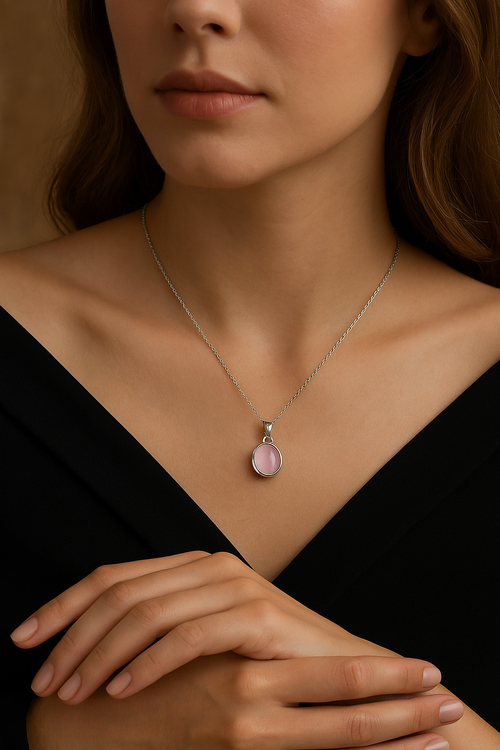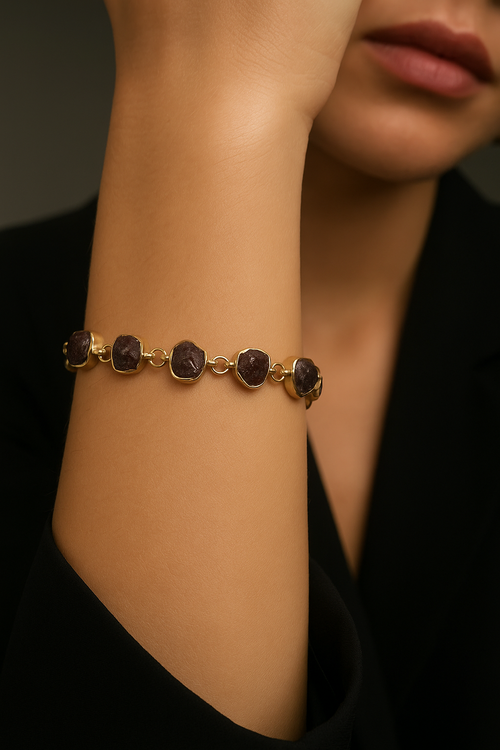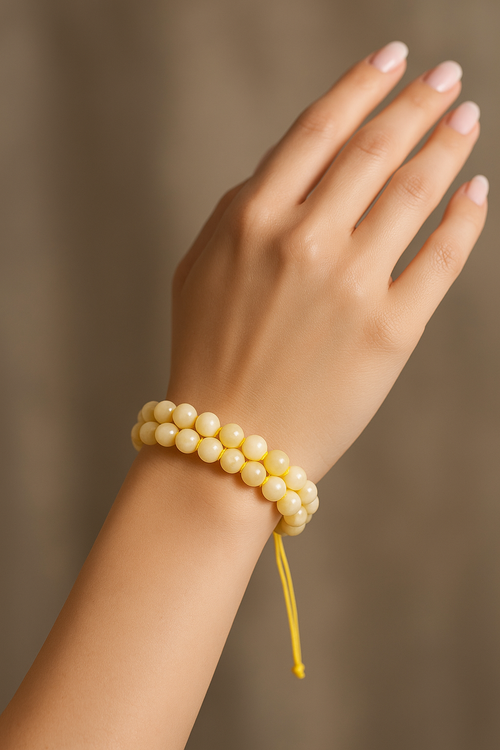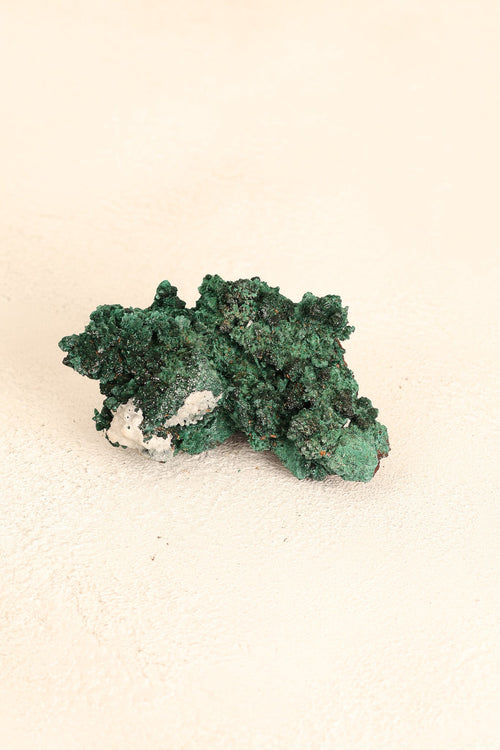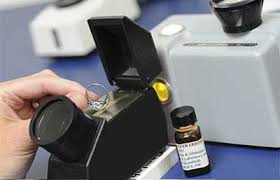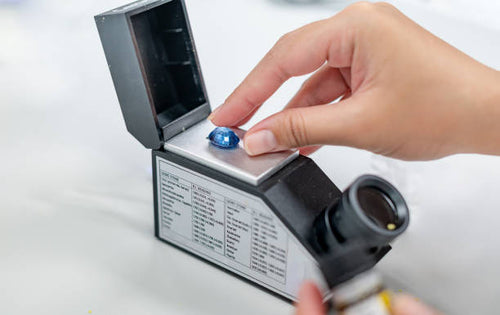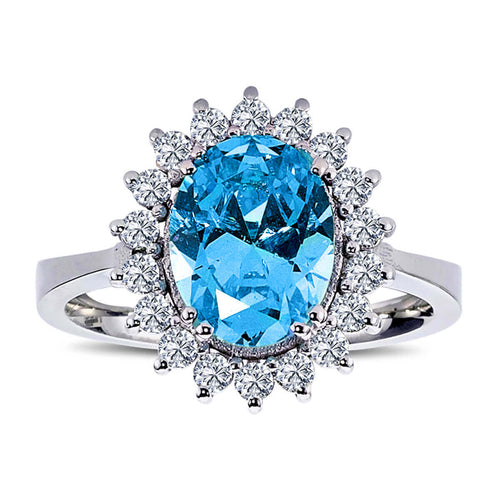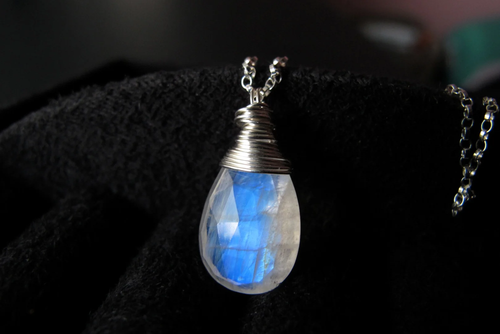ALL PRODUCTS IGSL INTERNATIONAL CERTIFIED
Agate Blue stone is a precious natural stone with unique patterns in blue tones. This article examines where Agate Blue stone is extracted, its mineral structure, areas of use and price differences.
Where is Agate Blue Stone Extracted?
Blue Agate stone can be found in various regions around the world. The major blue agate deposits are located in Brazil, India, Uruguay, Botswana and the USA. These regions are famous for their high quality blue agate stones and contribute greatly to the world market.
- Brazil: Minas Gerais and Rio Grande do Sul have important mines where high-quality blue agate stones are extracted.
- India: Gujarat and Maharashtra regions are the main places where blue agate deposits are found.
- Uruguay: The Artigas region is an important region where various types of agate are mined, as well as blue agate stones.
- Botswana: This is another important region where Agate Blue stone is found and extracted.
- USA: California and Oregon are the main places where blue agate is mined.
Mineral Structure
Agate Blue stone is a type of quartz formed from the silica mineral and its chemical formula is SiO2 (silicon dioxide). The stone has characteristic blue tones and generally has a homogeneous color distribution. Agate Blue stone crystallizes in the trigonal crystal system and has a hardness of 6.5 - 7 degrees on the Mohs hardness scale. These features make the stone durable and suitable for jewelry making.
Areas of Use of Agate Blue Stone
Blue agate is widely used in various jewelry and ornaments due to its aesthetic and durability properties. Here are some types of jewelry in which Blue Agate stone is used:
- Necklace: Agate Blue necklaces are popular jewelry that showcase the stone's bright colors and natural patterns.
- Ring: Agate Blue rings are often used with precious metals such as silver or gold.
- Earrings: Agate Blue earrings are among the jewelry that highlights the natural beauty of the stone.
- Bracelet: Agate Blue bracelets are preferred accessories for both daily use and special occasions.
- Prayer Beads: Agate Blue prayer beads are used for both spiritual and aesthetic purposes.
Price Differences
The price of Agate Blue stone varies depending on various factors. These factors include the color, pattern density, clarity, cut, carat weight and source of the stone. Here are the main factors that affect the prices of Agate Blue:
- Color and Pattern: The most valuable Agate Blue stones are those with a distinct and homogeneous blue color. The color intensity and pattern quality increase the value of the stone.
- Clarity: Agate Blue stones that are clear and without internal inclusions are in greater demand and hence sell for higher prices.
- Cut: Professionally cut and polished Agate Blue stones are more valuable because they reflect light better.
- Carat Weight: Larger and heavier Agate Blue stones generally command higher prices than smaller stones.
- Source: High-quality Agate Blue stones from areas such as Brazil, India and Uruguay are often more valuable than those from other sources.
Conclusion
Blue Agate stone is a valuable natural stone with its bright colors and durability. This stone, which is extracted from various regions around the world, is widely used in jewelry and ornaments with its aesthetic and physical properties. Its chemical structure and physical properties make Blue Agate stone a sought-after stone in jewelry making. The price, color, clarity, cut, carat weight and source vary depending on the Agate Blue stone, which has a valuable place both in jewelry making and in collections.



